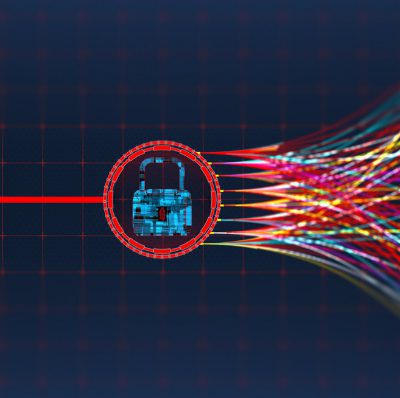With National Cybersecurity Awareness Month (NCSAM) upon us, it’s an opportune moment for installing security contractors to reach out and touch your clientele in the role of trusted adviser.
There is no shortage of simple tips and guidelines available to include in an online newsletter or post on your company website that can inform users about combatting cyber vulnerabilities at home. One such helpful example comes from cybersecurity researchers at Ben-Gurion University of the Negev, based in Israel.
“There’s a wide range of steps consumers can easily take, though some require a bit more focus or technical prowess,” Dr. Yossi Oren, a senior lecturer in BGU’s Department of Software and Information Systems Engineering, explains in an announcement.
“In previous research we found that Internet-connected devices such as baby monitors, home security cameras, doorbells, and thermostats were easily hacked by our researchers. Password protection and updated devices are just as important in a smart home as they are on a computer or mobile phone.”
10 Cybersecurity Smart Home Tips
BGU researchers offer a number of tips to keep households and their IoT devices more secure:
- Never use the same password on multiple websites or online services. Both Apple and Google offer free password managers that can take care of your passwords for you, and even automatically suggest strong passwords that are hard to crack.
- Turn on “two-factor authentication” to prevent hackers who’ve stolen your password from logging into your Facebook or Google account. Two-factor authentication sends a text message with a login code to your phone to verify it’s you.
- On the heels of the recent Facebook hack, in addition to changing your password, use the Facebook settings screen to review the list of apps and websites which you granted access to your data. Remove any apps or websites you don’t recognize and trust.
- Don’t fall prey to clever phishing scams that ask for payment and indicate they have an old password that you recognize. It was likely bought on the illegal “dark web.”
- Do cover your computer camera with tape or use a specially made camera cover to prevent prying eyes.
- Buy IoT devices (cameras, baby monitors, etc.) only from reputable manufacturers and vendors. Change the admin password as soon as you can connect it. Annually check for security updates which you download.
- Avoid used IoT devices like routers or cameras. They could already have malware installed.
- Call your Internet service provider and request an updated router. Many are years old and don’t have the latest security updates. Change the WiFi password on your home router.
- Automatically back up your data—pictures, contacts, and documents. If a computer is compromised, it may be easier to just reformat it than to find the malware, and it will allow your devices to function better.
- Evaluate your family’s cyber health. While you yourself may be relatively cyber safe, make sure others in your family, like an elderly parent or teenager, are taking similar precautions.
“In only an hour or two, most of these steps can be accomplished, saving you significant headaches, serious theft and the loss of privacy or priceless data,” Oren says.
Cybersecurity Measures at the Office
Of course, good cyber hygiene always starts at “home,” and for security integrators, that often means at the office. Fortunately, help is readily available here as well.
NCSA has partnered with Facebook and MediaPRO, a provider of cybersecurity and data privacy employee awareness programs, to produce a Cybersecurity Awareness Toolkit for small and medium-sized businesses.
Related: 9 Universal Devices from the Alarm Industry to Enhance Home Automation Installs
The toolkit is said to offer SMB-friendly techniques and tips addressing simple, actionable safety, security and privacy practices for organizations of varying industries.
The toolkit is inspired by Facebook’s Hacktober, the social media giant’s internal NCSAM campaign, which highlights the role employees play in making the Internet safer and more secure.
“NCSAM is the perfect opportunity for Internet users of all ages and organizations to commit to taking steps to protect themselves, their customers and their online information,” NCSA Executive Director Russ Schrader states in an announcement.
“As data breaches and other forms of cybercrime become more prevalent and sophisticated, it’s important for everyone to understand the role they can play in promoting a safer, more secure and more trusted Internet.”
To learn more about SMB cybersecurity basics, along with resources you can access for free, check out this NSCA webinar.
In addition, check out our sister site, Security Sales & Integration, for more information on cybersecurity.







